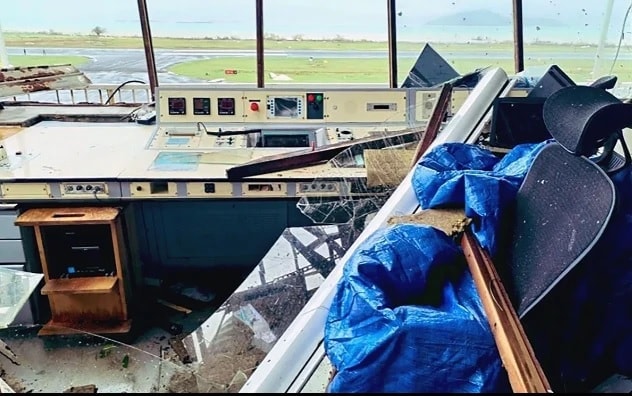Le Monde newspaper quoted local officials as expressing concern that 'thousands of people' may have died after super typhoon Chido swept through the French overseas territory of Mayotte.

"I think the death toll will certainly be in the hundreds, maybe even close to a thousand or several thousand," Governor François Xavier-Bieuville told local radio station Mayotte la Première. He also said that exact statistics on the number of dead were difficult because the majority of the population was Muslim, and according to traditional customs, the dead must be buried within 24 hours.
According to reports from local hospitals, in addition to the 14 people confirmed dead, nine people are currently in critical condition and 246 people were injured.
Typhoon Chido, with winds of up to 226 km/h, "completely destroyed" many slums on the island, home to at least a third of the population. Electricity poles were toppled, trees were uprooted, and roofs and walls were blown away by the wind. More than 15,000 households lost power, and telephone lines were severely disrupted, including emergency calls.
Pamandzi Airport on Petite-Terre Island was severely damaged, hampering relief efforts. The region's health system was also severely affected, with "extreme material damage" at the Mayotte Health Centre.
Experts say Typhoon Chido is part of a string of storms fueled by climate change. This “exceptional” storm was fueled by unusually warm water temperatures in the Indian Ocean, according to meteorologist François Gourand of Météo France.
After devastating Mayotte, Cyclone Chido has made landfall in Mozambique on the African mainland, where officials warn that around 2.5 million people could be affected in two northern provinces. UNICEF is on the ground assisting those affected, with many homes, schools and health facilities partially or completely destroyed.